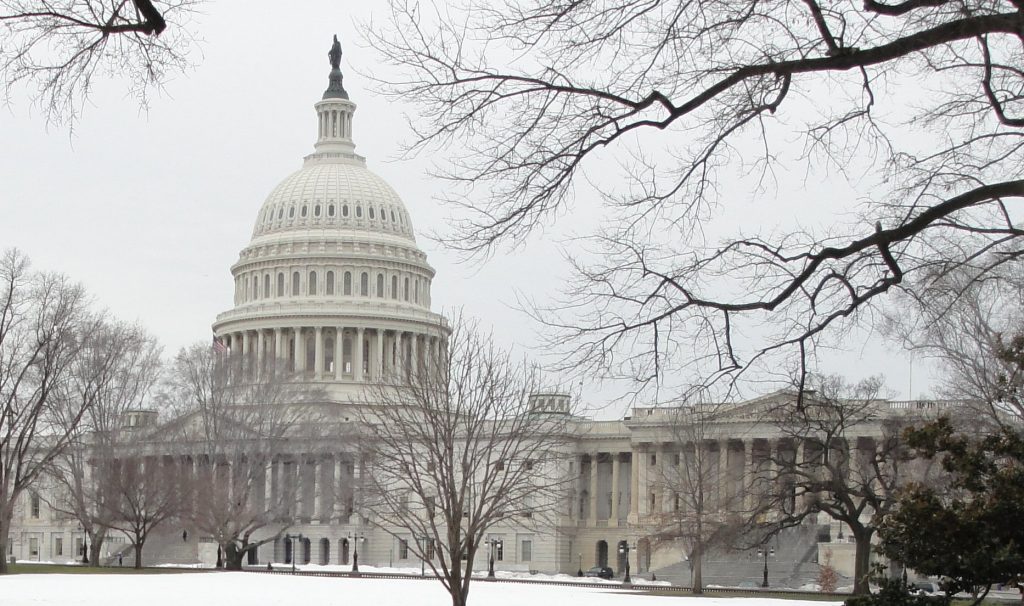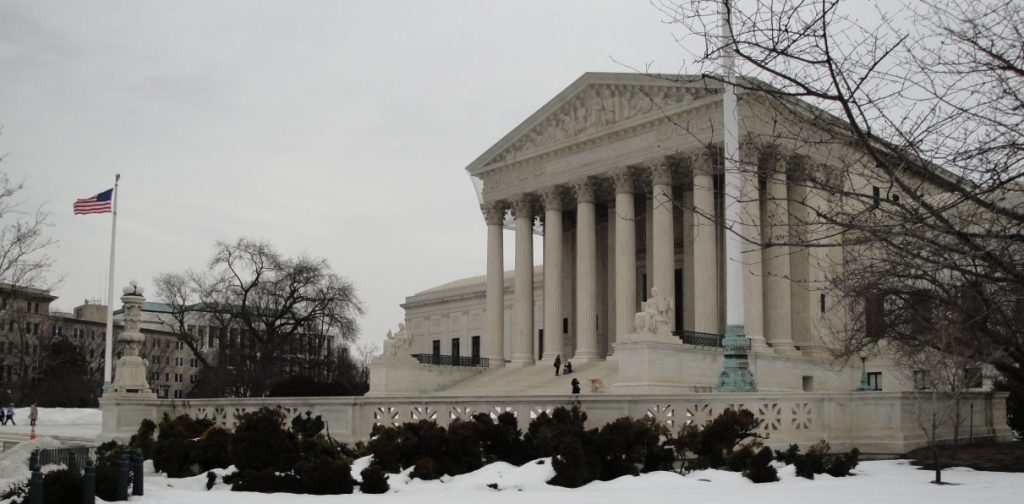
Most private and all public universities were founded in part to help educate good citizens. They really aren’t doing a great job of it, if you assess what students learn about America’s government, business, institutions and society. Take this simple test. The questions are based on our citizenship exam. Lucky for most Americans that we were born here, because 71% of us probably couldn’t pass the test to become citizens.
College graduates do better than the general population (49% to 57%) but adjusting for demographic characteristics (income, age, region etc) college students get only 3.8% better over their four-year tenure & some big name universities managed to produce “negative knowledge.” Seniors at Cornell scored 4.95% lower than freshmen. Yale, Duke, Princeton, Rutgers & Berkeley also went negative. Harvard seniors scored best at 69.56%. Maybe it will stoke Yale-Harvard rivalries. Yale freshmen beat Harvard freshmen (68.94 to 63.59%), but after Yale’s loss and Harvard’s gain, Harvard won in the end.

Read the rest of the report here. You can see the discussion of the reports at this link
Of course, there is some debate as to how much civic knowledge a citizen really needs. Our democracy relies on the wisdom of crowds. Each person has some bits of knowledge, which are presumably aggregated to produce a good result. It is not necessary for everybody to know what the Scopes trial was about, be able to name the three parts of the Federal government or even be able to name the countries who were our enemies in World War II, as long as some people know important things and we are generally wise enough to know when when know and when we don’t. The problem that I see is that sometimes the ignorant also have very high self-esteem. Recalling the lines from Yeats, “The best lack all conviction, while the worse are full of passionate intensity.” Modern education may feed this.
There is an old saying that you are entitled to your own opinion but not your own facts. Not everybody believes that anymore. Some people think it is important to teach critical thinking and not pay much attention to the facts. But if you don’t have any facts, what are you thinking critically about?
IMO the more you know about American history and institutions, the more you appreciate them. Thomas Jefferson believed that an educated citizenry was crucial to the working of democracy, which is why he founded the University of Virginia. Building good citizens was one of the founding justifications for the public school system.
I got one wrong on the test and I will advance the lame excuse that I wasn’t paying attention. But when I thought about the questions, a lot of what I learned I didn’t learn directly in school. Education doesn’t/shouldn’t stop when you graduate from college and college isn’t/shouldn’t be the only place you get education, especially civic education. I think we need to emphasize our heritage, for everybody in our lives every day, lest it slip away. Knowledge lives only in living people, not locked in books we never read. And the person who doesn’t read is really no better off than the person who can’t.
It is not all locked in the written word, however. One of the places I learned some of these facts is from television – yes television. Much of television is indeed crap, but there is a lot of good too. There is a very good PBS series called The American Experience. The episodes about FDR were on last week. He was an amazing man with an amazing education. He came from what is as close to an American ruling class as we can get, but it is true that we Americans don’t have a ruling class. They are us. We are our own “rulers” and so we have to train a new set of them each generation. We produced truly great generations of leadership. Let’s hope that we are not just living off and using up the capital that they created for us and let’s work to make sure that is not the case.
Maybe we should take citizenship a little more seriously.
